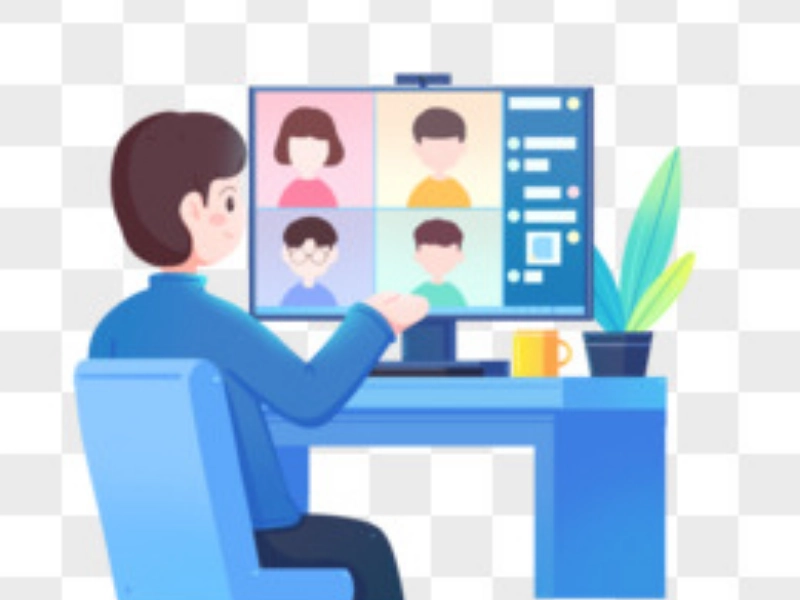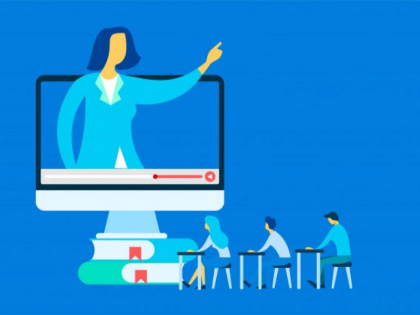Adults are seeking to reskill and upskill in order to maintain their competitiveness in the job market as rapidly advancing technology disrupts the labor sector. Nonetheless, they frequently cite time constraints and scheduling issues as the main obstacles.
Thankfully, online education may be able to assist with these problems. We'll go through some of the main advantages for adult learners in this brief.
Flexible Scheduling

You can integrate education into your life as a working professional by taking advantage of online learning. You can study course materials while driving or having dinner, view videos or listen to lectures during breaks at work, and take part in discussion boards, reading assignments, and other interactive features.
An online degree can be beneficial, whether you want to advance your business acumen, add credentials to your CV, or take a completely different professional route. It can also help you stay current with the newest trends and advancements in your field.
During the COVID-19 pandemic, many higher education institutions made the conversion to online instruction; nevertheless, it doesn't seem that much research has been done on this topic among adult part-time students. Researchers have, however, identified a number of variables that might affect students' happiness with online education. These include lecturers and course design, technology and access, and student characteristics and home difficulties. The significance of preparing oneself prior to enrolling in an online school can be explained by these facts.
Learning Asynchronously

Adult learners may accomplish their goals while still working, whether they are looking to advance their current skill set, obtain continuing education credits, or pursue a completely different professional path. Online learning makes this possible. For many people who have financial and familial responsibilities, quitting their careers to return to school is simply not a feasible option.
Online programs and asynchronous classes provide students with the flexibility to access lectures and assignments at their own convenience, as opposed to synchronous courses that have set meeting times. This allows students to study while preparing dinner, catch up on course materials after work, or listen to lectures throughout their commute.
Geographical constraints are also removed by the asynchronous learning approach, allowing students to access a larger pool of instructors and specialists. Although this independence might be disorienting and chaotic, it pushes students to create their own study schedules and learn how to prioritize conflicting tasks. This self-control is a useful skill that will benefit them at work.
Independent Study

The ability for pupils to select their own learning routes is a benefit of self-directed learning. Students can tailor their learning to fit their interests and strengths by concentrating on subjects that interest them.
Online learning tools like learning notebooks and visual organizers can help students learn. They can also interact with mentors and sympathetic peer groups to support them along the route.
Organizations should think about introducing a self-directed learning program to enable staff members to take ownership of their education as the demand for upskilling and reskilling rises. They would be able to evaluate their own skill gaps, set goals, and determine which resources (people, goods, or materials) would best help them achieve those goals.
Although it could necessitate a change from the conventional "sage on stage" paradigm to a "guide on the side," enabling students to become self-directed learners is a crucial part of creating lifelong learners. Additionally, it fosters the development of a growth mindset and abilities like metacognition and self-reflection.
Adaptability

Many adults decide to go back to school in order to improve their professional chances by upgrading their skills, obtaining a new certification, or graduating with a degree. But managing work and family obligations in addition to attending classes can be stressful. Thankfully, adult learners can benefit from the freedom that comes with online learning.
Online learners have the flexibility to do tasks on their own schedule, regardless of the type of course they choose—self-paced, asynchronous, or synchronous, which requires both students and instructors to be online at the same time. Adults with social anxiety disorders and other disabilities who might find it challenging to attend in-person classes can benefit most from this.
Even with these benefits, some people lack the digital literacy and access to technology needed for online education. Adult upskilling and reskilling initiatives may be hampered by a lack of price and accessibility, according to research. Some nations have, nevertheless, been able to get over these obstacles. Specifically, asynchronous and low-ICT online distribution has been used to successfully continue training for practical job-related skills in the Netherlands and New Zealand.
Recommended Reading: Should You Pursue An Online MBA?
























Let’s build a mini experiment.
This would scale with minimal refit.